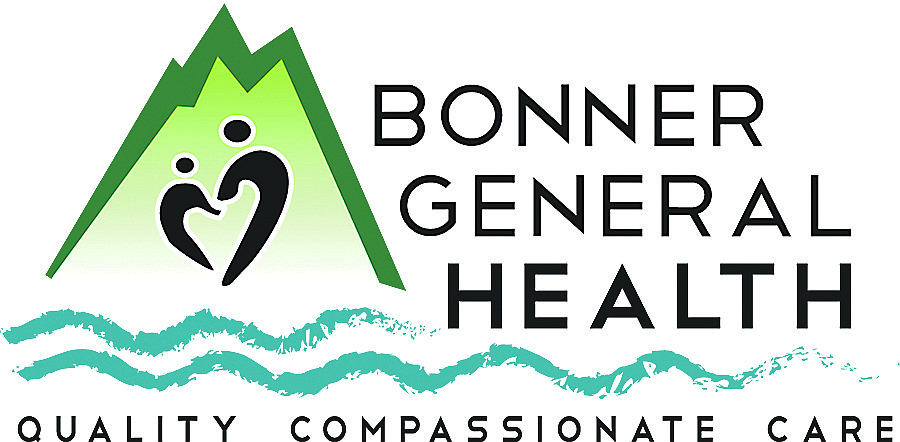Sore throats occur due to a myriad of reasons
A group of us was talking about the recent smoke in the air. Comments ran from “it stinks” to “it makes my eyes burn” to “I have a sore throat.” A few days later, the person who said that the smoke gave him a sore throat said it wasn’t getting any better even though the air quality had vastly improved.
Off I went online to see if my friend might have COVID-19. And, although it’s possible, and I encouraged him to get tested, it doesn’t appear that he had any of the other symptoms. By now, we all know COVID-19 causes fever and chills, cough, loss of taste and smell, shortness of breath or difficulty breathing, fatigue, runny nose, and gastrointestinal discomfort. Symptoms he didn’t have.
So what causes a sore throat? A myriad of things. Defined as a pain, scratchiness, or irritation of the throat that often worsens when you swallow, a sore throat most often is caused by a viral infection such as cold or flu. In this instance, the sore throat will go away on its own.
A bacterial infection, strep throat (streptococcal infection), is less common and requires treatment with antibiotics to prevent complications. Mayo Clinic says other less common causes of sore throat may require more complex treatment.
Waking up with a sore throat, particularly if from poor air quality, might improve quickly after drinking a glass of water. But, if the following symptoms persist for more than a week, a trip to your primary care provider is in order.
Mayo says to get immediate care for a child experiencing difficulty breathing, difficulty swallowing, or if the child is drooling unusually, which can indicate an inability to swallow.
“If you’re an adult, see your doctor if you have a sore throat and any of the following associated problems: difficulty swallowing; difficulty breathing; difficulty opening your mouth; joint pain; earache; rash; fever higher than 101 F; blood in your saliva or phlegm; frequently recurring sore throats; a lump in your neck; hoarseness lasting more than two weeks; and swelling in your neck or face,” Mayo says.
As for the air quality causing the sore throat, Mayo sites air pollution as a common cause. They group it with indoor pollution from tobacco smoke or chemicals in the home. “Chewing tobacco, drinking alcohol, and eating spicy foods can also irritate your throat,” they say.
Allergies to pet dander, molds, dust, and pollen can also cause sore throats. “The problem may be complicated by postnasal drip, which can irritate and inflame the throat. Also, dry indoor air can make your throat feel rough and scratchy. Breathing through your mouth – often because of chronic nasal congestion – also can cause a dry, sore throat.”
Of course, we’ve all probably had a case of what I used to call “football voice.” That’s a sore throat and hoarseness caused by yelling at a ball game. This muscle strain can also be caused by talking loudly or talking for an extended period without rest. Yeah, I know, that could be me too.
“Someone who is HIV-positive might have a chronic or recurring sore throat due to a fungal infection called oral thrush or due to a viral infection called cytomegalovirus which can be serious in people with compromised immune systems,” Mayo says.
And, words we don’t want to hear, the sore throat could be caused by tumors. “Cancerous tumors of the throat, tongue, or voice box can cause a sore throat,” Mayo explains. “Rarely an infected area of tissue in the throat or swelling of the small cartilage ‘lid’ the covers the windpipe can cause a sore throat. Both can block the airway, creating a medical emergency.”
I don’t have to tell you that preventing illness includes keeping your hands clean and not touching your eyes, nose, or mouth. I think those simple steps are ingrained in us now; if not, they should be.
“You should regularly clean and disinfect phones doorknobs, light switches, remotes, and computer keyboards,” Mayo suggests. Then, when traveling, do the same thing in your hotel room. And, as always, avoid close contact with sick people.
Kathy Hubbard is a member of the Bonner General Health Foundation Advisory Council. She can be reached at kathyleehubbard@yahoo.com.

